Antibiotics were the “wonder drug” of the 20th century, saving millions of patients and adding many extra years to our lives.
But the bacteria they kill are now fighting back.
You may have heard doctors warning about the perils of over-prescribing antibiotics because bacteria become resistant. The truth is, however, that animals, not humans, are the biggest problem.
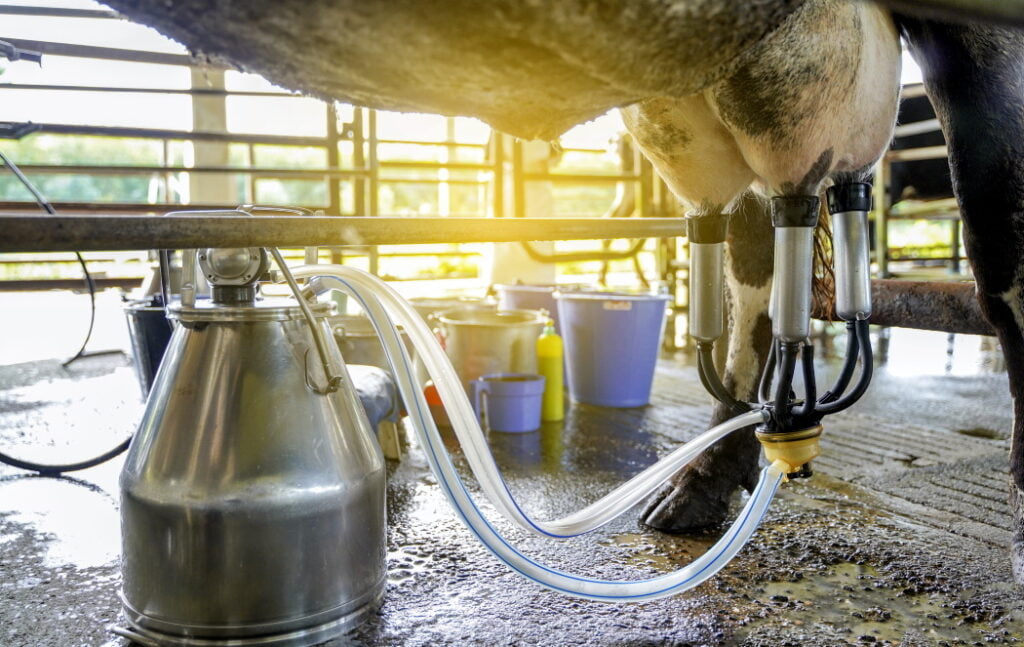
Animals account for 70 percent of all antibiotics used globally. Farming today is highly-mechanized, and entire herds are routinely injected with antibiotics every year on a “just in case” basis.
In the world of dairy farming in particular it’s a cheap and efficient way to prevent udder infections – or bovine mastitis – which is a constant concern.
But there’s a big downside to such widespread use of antibiotics. Cows carry many of the same bacteria as humans. Bacteria which have, over time, become resistant to antibiotics.
They enter our foodchain, through the meat and milk we consume, causing infections in humans, such as E.coli or streptococcus, that are hard to treat.
The alarming rise in bacteria that can fight off antibiotics is known as antimicrobial resistance (AMR) and has been recognized by WHO, the World Health Organization as one of the top 10 health risks to global humanity.
More than 1.25 million people die each year as a direct result of AMR, which is more than HIV/AIDS or malaria.
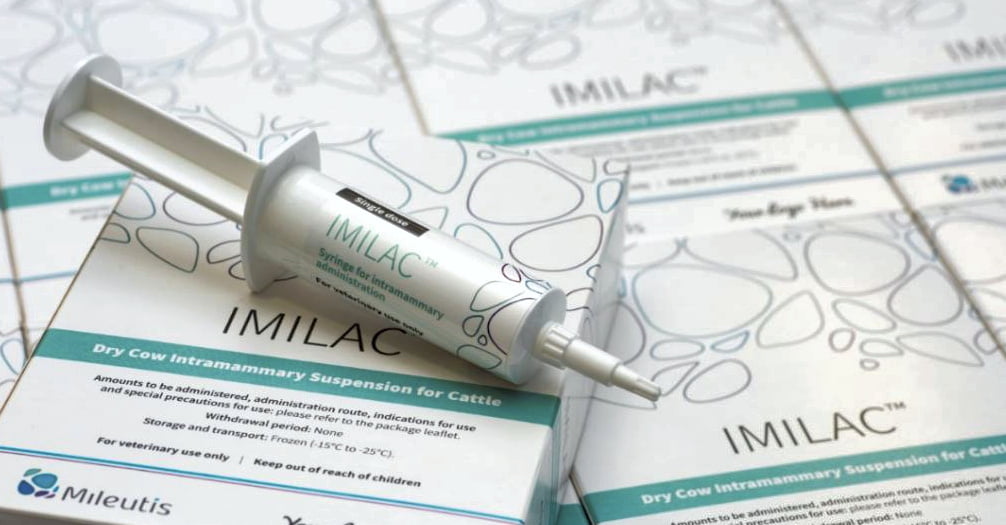
The perfect solution would be for farmers to keep animals healthy, but without using antibiotics.
Mileutis, an Israeli bio-pharmaceutical company, has developed an all-natural alternative that, it says, does exactly that.
It’s safer, it’s more effective, and it’s derived from the cows’ own milk, so it is, says David Javier Iscovich, the company’s CEO, perfectly safe to use.
The company’s product, marketed as Imilac, uses peptides – small proteins – which are extracted from milk, processed in the lab, then used to boost the cow’s immune system.
“We have a product which is safer than antibiotics, which is better than antibiotics and which will be a game changer for the dairy industry,” he says. “It will be a no-brainer for the farmer when we get to market, which will be very soon.
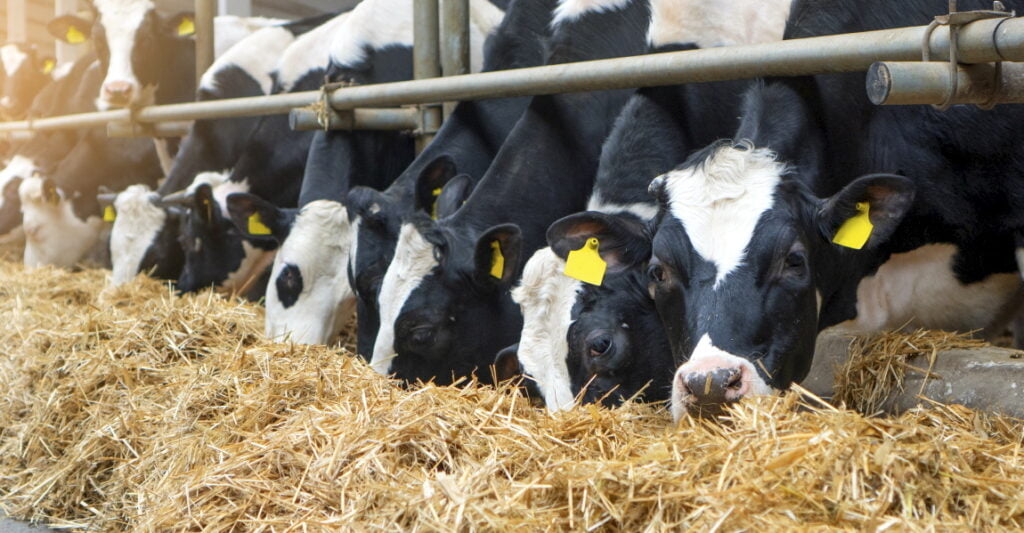
“We have spoken to farmers in the UK, in South America, North America, China and India. And for them, it’s a game changer.”
Dairy farmers who routinely inject their herds with antibiotics every year will simply be able switch to his product instead.
David Javier Iscovich, an economist, and his father Dr. Jose Iscovich, an epidemiologist, built their company on original research carried out at the Volcani Center Agricultural Research Organization in Rishon LeZion, central Israel.
“It’s a natural solution, that’s very important to emphasize, and it’s the first time such a product has been recognized as safe by the European Medicines Agency (which evaluates pharmaceutical products).
Sign up for our free weekly newsletter
Subscribe“It has many positive attributes. This specific peptide enhances the immune system so that is able to attack the bacteria and the pathogens.
“They die, they disappear as a natural phenomenon. We started applying this to the dairy industry but we already broadening the applications to other animals, and also to humans.
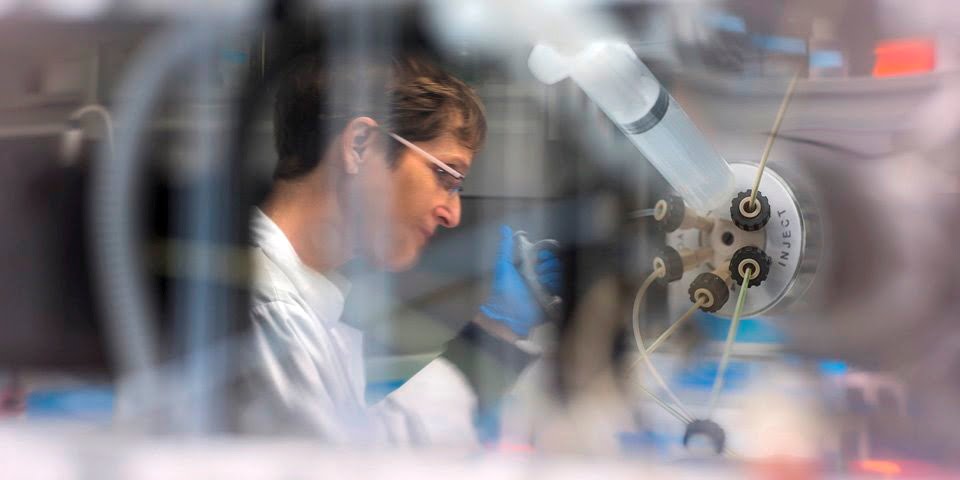
“I cannot disclose details at the moment, but we found in early scientific testing that it has a positive effect on humans.”
That would herald a new era in the way we fight bacteria in humans, and could be used, the company says, “to further develop natural biological remedies for people and save millions of lives worldwide”.
Exactly what they do with the peptide, and how they do it, is what he calls the “Coca-Cola secret”, protected by more than 60 patents.
In spite of concerns about AMR, antibiotics remain the go-to solution for the vast majority of dairy farmers. In the USA, home to almost 100 million cows, 92 percent receive antibiotics as a matter of course. Their primary use is not to treat infections, they’re to prevent them, to promote growth – producing more meat – and to increase milk yields.

Dairy farmers need a compelling reason to switch from a solution that works for them, even if there’s a hidden cost to humanity. The European Union aims to reduce the use of antibiotics (also known more generally as antimicrobials) in animals by 2030 through legislation. It will permit antibiotics as a treatment for infection, but wants to minimize the blanket administration as a pre-emptive strike.
Imilac is close to getting the approvals it needs to go on general scale. And when it does it will almost certainly be more expensive than antibiotics.
But it will still benefit farmers, says Iscovich. Cows given Imilac yield more milk – 7.5 percent more, on average – which equates to as much as $280 per cow per year.
“In Israel we are awaiting approval from the Ministry of Agriculture, and in the United States and Europe, we are in a very, very advanced stage in the regulatory process,” he says.
There is currently no other product, he says, that safely improves herd welfare and combats mastitis. Many startups are developing alternatives but a new biopharmaceutical product takes at least a decade.
So will Mileutis’s product become the industry standard, an across-the-board replacement for antibiotics in dairy farming?
“Yes, there’s no question about it,” he says. “We are already in the process of a planning a large-scale production of our products, which will enable us to produce tens of millions of doses.
“It will probably take about a year for the farmers to test it and to see that it’s for real. They are very conservative, they use what their parents used and what their grandparents used.
“But once they understand the benefits, it will spread like wildfire. They’ll test it, they’ll see that it works and then everybody will use it.”
“At the end of the day, our investors need very good returns, which they will receive, but we’re doing something good for the world. And it’s something that’s going to benefit a whole generation.”
Related posts

Editors’ & Readers’ Choice: 10 Favorite NoCamels Articles

Forward Facing: What Does The Future Hold For Israeli High-Tech?

Impact Innovation: Israeli Startups That Could Shape Our Future


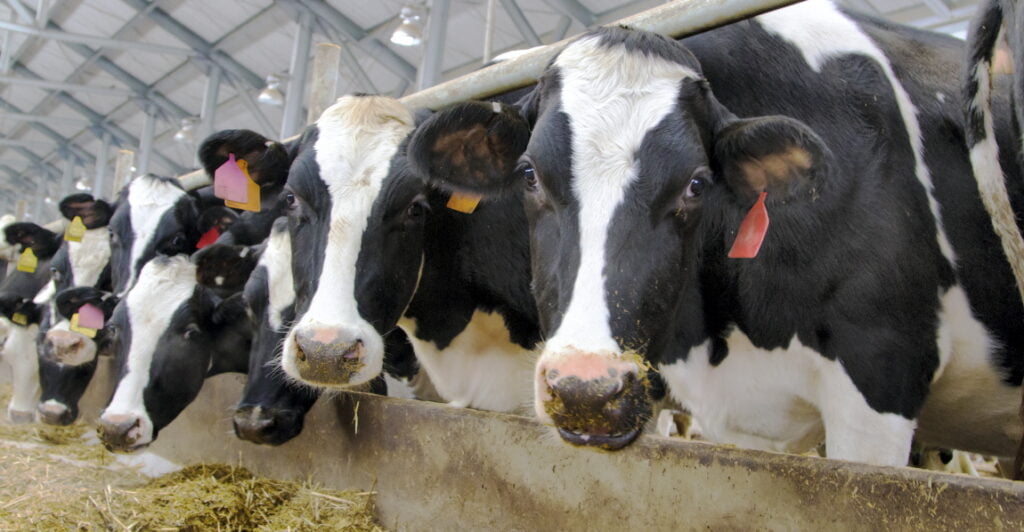

Facebook comments